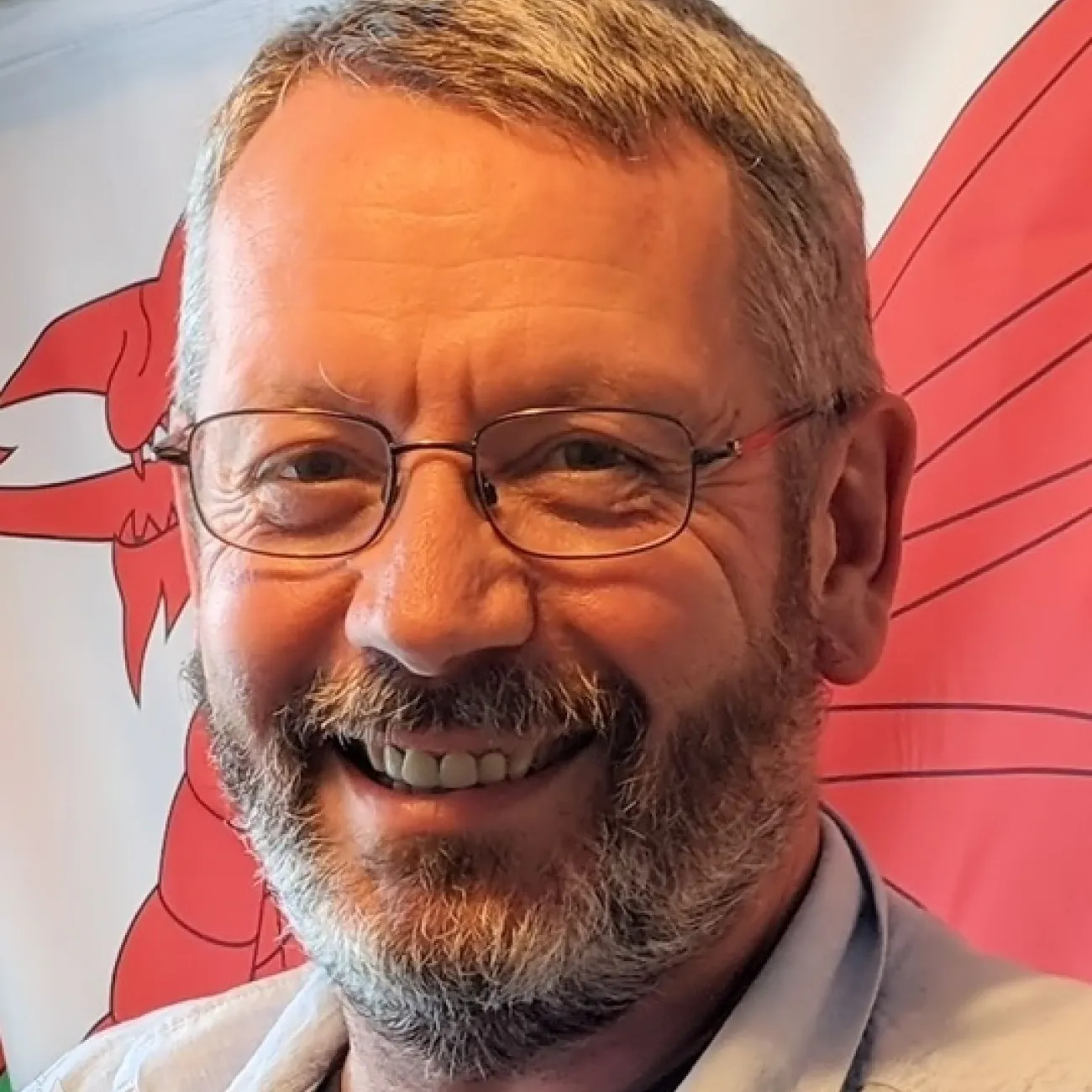About
Emeritus Professor G. John Langley
ResearchID B-5320-2008; Orcid 0000-0002-8323-7235
Google Scholar https://scholar.google.co.uk/citations?user=2VscCgsAAAAJ&hl=en)
Emeritus Professor G. John Langley is a distinguished expert in Mass Spectrometry and Chromatography, renowned for his research on complex systems through the application and development of various analytical approaches. With over 140 publications, an H-index of 35, and 4,400 citations, Professor Langley has made significant contributions to the field. His most highly cited articles focus on fullerenes (>250 citations) and the seminal IUPAC MS nomenclature document (>500 citations). His work has been published in over 30 leading scientific journals, reflecting the multidisciplinary nature of his research. These journals include:
- Nature
- Analytical Chemistry
- Analyst
- Chemical Science
- Journal of the American Chemical Society
- Journal of American Society for Mass Spectrometry
- Rapid Communications in Mass Spectrometry
- Journal of Chromatography A
Professor Langley received his PhD in Mass Spectrometry from the University of London, where he began his career. He led the Characterisation and Analytics section in Chemistry at Southampton, and Southampton Chemistry Analytical Solutions (SCAS) from 2010-2024, and the chromatography - mass spectrometry facility 1988-2024.
Research
Research groups
Research interests
- The application and use of of separation science and mass spectrometry for chemistry/chemical biology/oilfield chemistry, particularly renewables, including biofuels and oils.
Current research
John's research interests are the application of separation science and mass spectrometry as a routine tool for chemistry/chemical biology/oilfield chemistry as well as probing new areas for research using these tools. Specific interests are the application of hyphenated approaches (GC-MS, GCxGC-MS, HPLC-MS & SFC-MS).
Research projects
Active projects
Completed projects
Publications
Pagination
Biography
Emeritus Professor Langley specialises in using separation science and mass spectrometry as research tools in chemistry, chemical biology, and oilfield chemistry. He is particularly interested in applying hyphenated approaches (GC-MS, GCxGC-MS, LCxLC-IMS-MS, HPLC-MS, SFC-MS, SFC-FID and MS/MS) to address complex problems and explore new research areas.
Over the past 30+ years, Professor Langley secured sustained research funding from RCUK and various industries, including AZ, BP, GSK, Innospec, and Syngenta. He regularly delivers invited presentations at national and international conferences and is proud to have supervised 28 PhD students, all of whom have successfully graduated and secured positions in their field, with many continuing to work as chromatographers or mass spectrometrists.
Currently, Professor Langley supervises on three PhD projects, and helps students hone their practical skills, experimental design, data interpretation, and presentation abilities. He also coaches them on delivering high-quality presentations and defending their research orally.
Professor Langley is immensely proud of the fact that he is the first and only person to have chaired both the British Mass Spectrometry Society and the Royal Society of Chemistry (RSC) Separation Science Group (2009-2024). His achievements have been recognised with the prestigious awards of the Chromatographic Society Jubilee Medal (2024) and the British Mass Spectrometry Society Medal (2021). Internationally, he is a past president of the International Foundation for Mass Spectrometry (previously President 2018-2022) and served on a multinational IUPAC panel for Mass Spectrometry Nomenclature.
A pioneer of open-access chromatography-MS within the academic sector, Professor Langley has focused on SFC-MS since 2003, becoming a leading researcher in the UK and gaining international recognition. In 2012, Waters Corp. sited the first of the new-generation SFC-MS systems in his lab, further entrenching his position in the field. He started a new collaboration with Selerity Inc., a SFC company based in Salt Lake City, in 2023 to explore the application of their unique technology for analysis of the latest generation of renewable diesel fuels, as well as across other research areas.
Professor Langley's expertise and research of petrochemical and renewable fuels has led to significant advancements in 2D chromatography and mass spectrometry alongside SFC. The Energy Institute recognises his expertise, where he serves as a panel member (panel member for SC-G2, G4, G6, G7 and G8) and regularly delivers invited presentations at conferences such as the Energy Institute (London) and the Society of Automotive Engineering (SAE). Further energy focused research with National Grid has developed methodologies for analysis of transformer fluids, i including renewable oils.
Honours and Distinctions:
- Chromatographic Society Jubilee Medal (2024)
- British Mass Spectrometry Society Medal (2021)
- Chair of Royal Society of Chemistry Separation Science Group (2009-2024)
- Past President of the International Mass Spectrometry Foundation (2022-2026)
- President of the International Mass Spectrometry Foundation (2018-2022)
- British Mass Spectrometry Society Lecturer (2016-2017)
- IUPAC Fellow (2013)
- Chair of the British Mass Spectrometry Society (2008-2010)
- Fellow of the Royal Society of Chemistry (since 1999)
- Chartered Chemist (since 2003)
- Chartered Scientist (since 2003)
As an editor of Rapid Communications in Mass Spectrometry, a regular reviewer of research council and charity grants, and an active external examiner, he continues to make impactful contributions to the field.
Prizes
- British Mass Spectrometry Medal (2021)
- Chromatographic Society Silver Jubilee Medal (2024)
- British Mass Spectrometry Medal (2021)
- Chromatographic Society Silver Jubilee Medal (2024)
